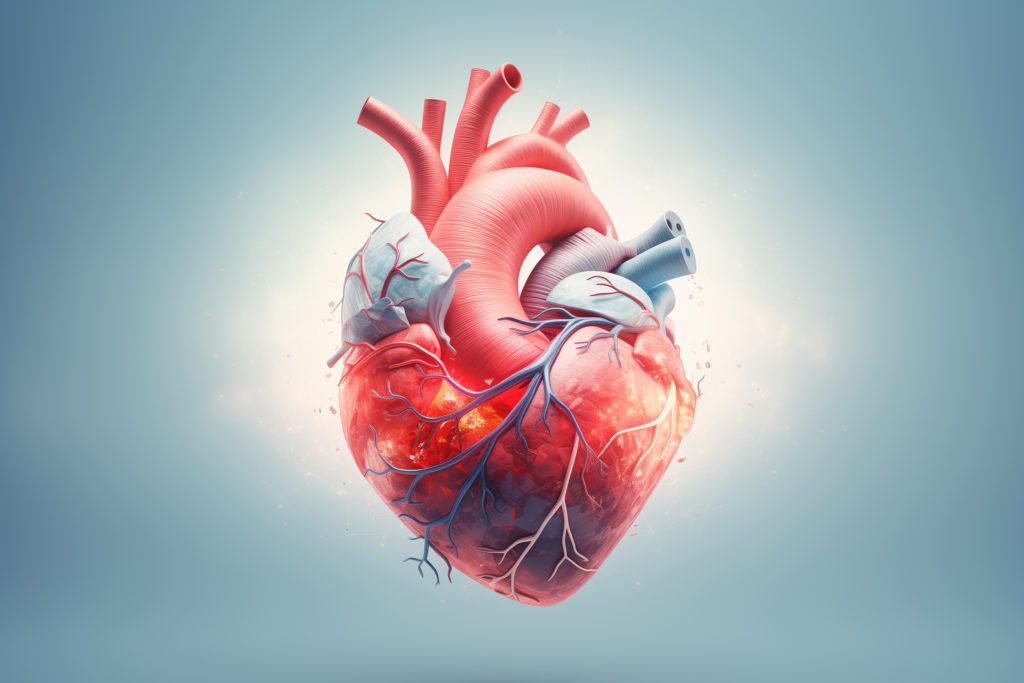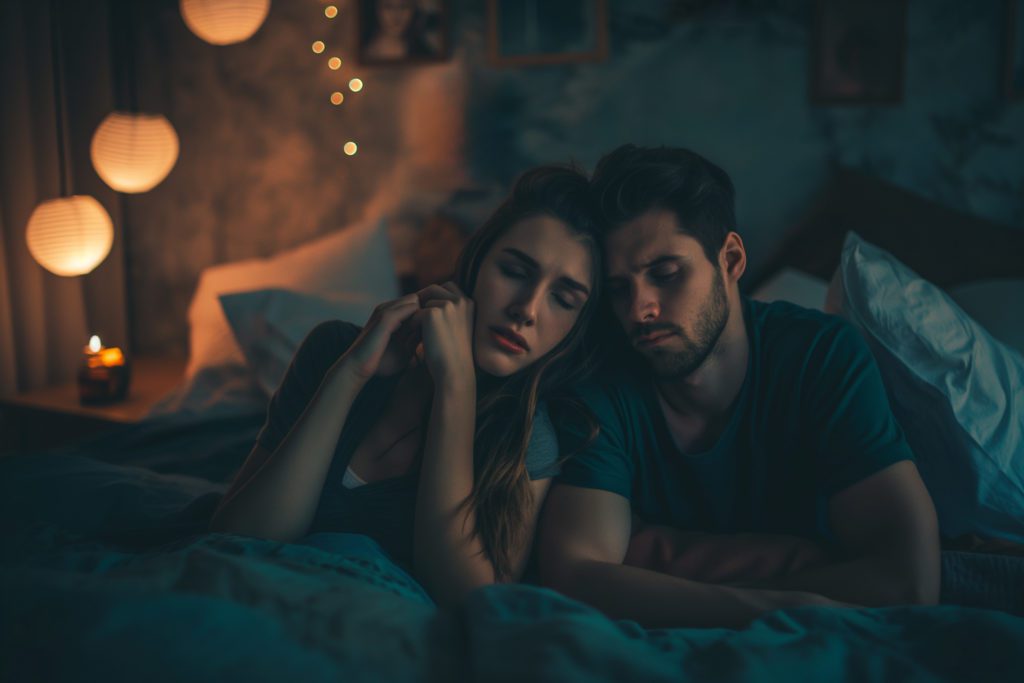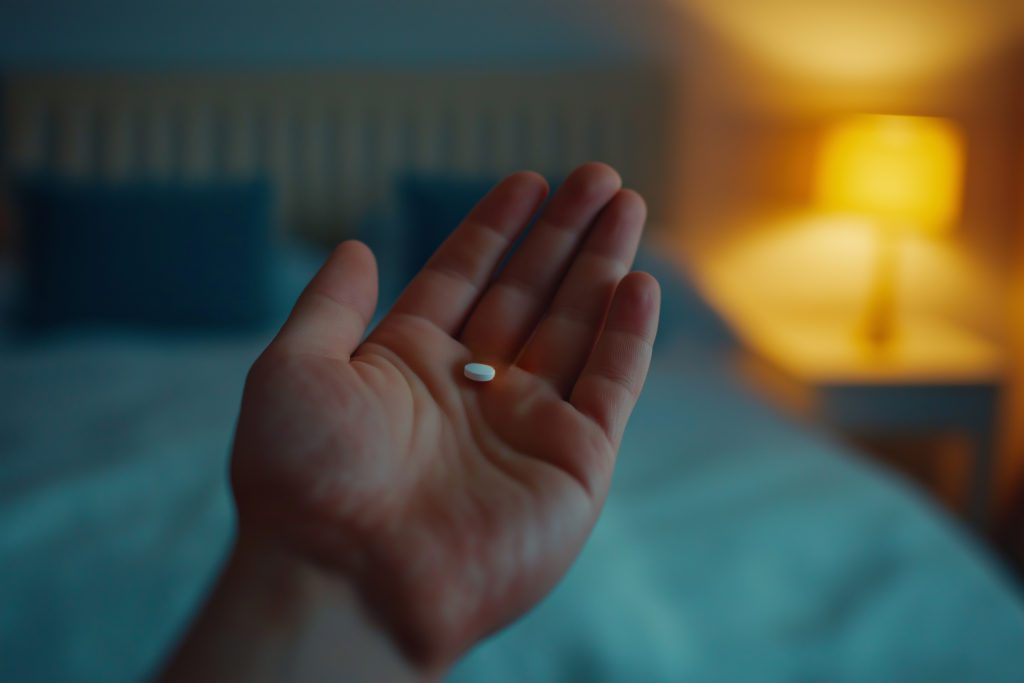
The Dos and Dont’s of Alcohol Consumption for Healthy Sleep
Sleep is a vital component of our physical and mental health and well-being. With alcohol consumption, the processes by which we benefit from sleep can be disrupted.

Here, we will explore the relationships between alcohol and sleep, and then offer practical tips for how you can optimize the balance between enjoying a drink and ensuring a restful sleep.
Alcohol's influence on sleep is multifaceted. While it can promote drowsiness and reduce the time it takes to fall asleep, it can also lead to an increased number of awakenings during the night, and has also been shown to have disruptive effects on sleep architecture, particularly on REM (rapid eye movement) sleep. The latter is crucial for cognitive function and emotional regulation. See below for how alcohol consumption disrupts one’s normal sleep cycle to gain a better understanding of its effects on the body.
Effects of Alcohol on Sleep
Sleep Onset Facilitation
Alcohol acts as a sedative, promoting the onset of sleep and reducing the time it takes to fall asleep. This sedative effect is caused by alcohol's ability to enhance the activity of gamma-aminobutyric acid (GABA), a neurotransmitter that inhibits brain activity and leads to increased feelings of relaxation and drowsiness.
Disruption of Sleep Architecture
Alcohol disrupts the normal progression of sleep stages, particularly REM (rapid eye movement) sleep, which aids in memory consolidation, emotional processing, and dreaming. Research shows that alcohol consumption suppresses (reduces the amount of time spent) REM sleep in the first half of the night. This disruption in REM sleep can impair cognitive function, emotional regulation, and memory consolidation.
Fragmentation of Sleep
Alcohol consumption is associated with increased sleep fragmentation, manifested by frequent awakenings throughout the night. These awakenings disrupt the continuity of sleep, preventing individuals from experiencing restorative that are needed to improve health and well-being.
Increased Risk of Sleep-Related Breathing Disorders
Alcohol's depressant effects on the central nervous system can exacerbate sleep-related breathing disorders such as sleep apnea. Alcohol consumption relaxes the muscles in the upper airway, leading to airway collapse and disruptions in breathing patterns during sleep.
Altered Sleep Architecture
Chronic alcohol consumption can lead to long-term alterations in sleep architecture, including reduced total sleep time, decreased slow-wave sleep (deep sleep which is the time during sleep where the body repairs itself), and disruptions in sleep continuity.
Given the dual nature of the effects of alcohol on sleep, there are some practical tips for those aiming to prioritize sleep quality highlighted below.
Dos
Moderation is Key
Adhering to recommended guidelines, such as limiting intake to one drink per day for women and two for men, can help mitigate the negative impact on sleep patterns.
Mindful Timing
Consuming alcohol earlier in the evening allows your body to adequately metabolize (i.e., breakdown) the alcohol in your body prior to attempting to sleep. If you plan to drink, aim to stop consuming alcohol at least 2-3 hours before bedtime to optimize sleep quality.
Individual Sensitivity Awareness
Everyone’s body reacts different to alcohol with some people being more sensitive that others. If you notice adverse effects on sleep quality even with moderate alcohol consumption, consider adjusting your intake or refraining from alcohol consumption in the evening altogether.
Don'ts
Avoid Binge Drinking
Binge drinking, defined as the rapid consumption of multiple drinks in a single setting can significantly disrupt sleep patterns and negatively impact overall sleep quality. Avoiding binge drinking and abiding by the current guidelines for alcohol consumption is important for maintaining a healthy sleep-wake cycle and optimizing restorative sleep.
Refrain from Using Alcohol as a Sleep Aid
Despite its initial sedative effects, relying on alcohol as a sleep aid can lead to dependency and exacerbate sleep problems over time. Establishing healthy sleep habits such as establishing a consistent bedtime routine and creating a conducive sleep environment will reduce the reliance on alcohol to assist with sleep.
Skip the Nightcap
Contrary to common belief, indulging in a nightcap before bed is counterproductive to achieving quality sleep. While alcohol may induce drowsiness initially, it impairs the restorative benefits of sleep.
Achieving a delicate equilibrium between alcohol consumption and sleep quality is paramount for overall well-being. While the simple solution to increasing your chances of having consistent, good sleep, taking into consideration the dos and the dont’s above may help to alleviate some of the detrimental effects of alcohol on sleep. Also, by remaining mindful of individual differences that can exist between people as it relates to alcohol and sleep, you can optimize sleep quality without sacrificing the occasional indulgence in alcohol. Remember, moderation, timing, and knowing your own limits are key pillars in fostering a harmonious relationship between alcohol and sleep.
FAQ
Is the "red wine before bed is healthy" myth true when it comes to sleep?
While moderate red wine consumption is sometimes linked to heart health due to its antioxidants, the alcohol content can still disrupt sleep by interfering with REM cycles and causing nighttime awakenings. It’s important to weigh the potential health benefits of red wine against its potential to disturb sleep.
Why does alcohol make me feel like I’m sleeping better or deeper?
Alcohol can create a false sense of better sleep because it acts as a sedative, helping you fall asleep faster. However, this initial drowsiness often comes at the cost of disrupted REM sleep and increased wakefulness later in the night, which reduces the overall restorative quality of sleep.
Why does drinking make me snore more?
Alcohol relaxes the muscles in your throat and airways, making them more prone to partial collapse, which can lead to snoring. If you already snore or have sleep apnea, drinking can make these issues worse.
How does alcohol-induced snoring differ from regular snoring?
Alcohol relaxes the muscles in the throat and soft palate, making the airway more prone to collapse and leading to louder and more frequent snoring. This alcohol-induced snoring often worsens sleep apnea symptoms if present.
Why does alcohol sometimes help me fall asleep faster but make me wake up more during the night?
Alcohol’s sedative properties can reduce the time it takes to fall asleep. However, as it wears off, it stimulates your body and disrupts your normal sleep architecture, causing you to wake up frequently.
Why do I sometimes wake up sweating after drinking alcohol?
Alcohol affects your body’s ability to regulate temperature, often causing an initial drop in core body temperature followed by sweating as your body tries to restore balance. This can be especially noticeable during sleep.

Written by
Dr. William Adams
Dr. Adams’ research expertise and interests are focused on optimizing human health and performance. Specifically, his interests lie in determining the role of habitual fluid intake on health and wellness, investigating the various facets of exertional heat stroke, and optimizing athletic performance. He has been either a lead or co-author on over 100 publications in both peer-reviewed scientific journals and edited textbooks on topics related to exertional heat stroke, maximizing athletic performance in the heat, hydration on human health and performance, and preventing sudden death in sport and physical activity.
Download Pillow
Get help
Press & News
Legal
Connect
X (Twitter)
Company
Copyright © Neybox Digital Ltd.



